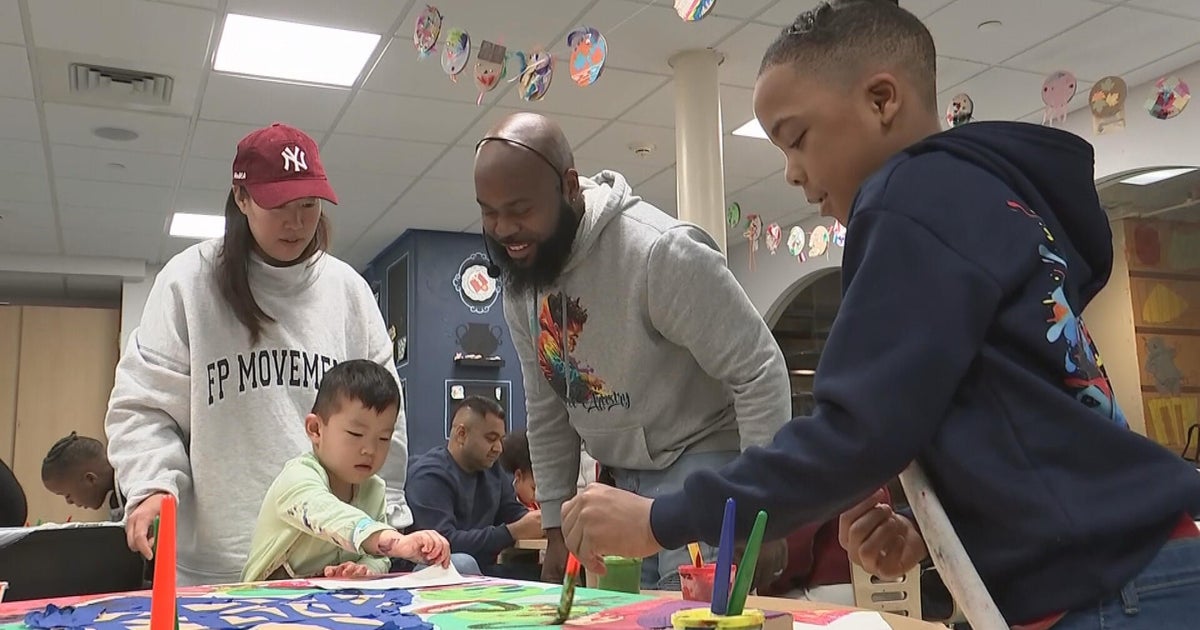Chicago's Rush University Medical Center uses AI to enhance colonoscopies
CHICAGO (CBS) – While a colonoscopy might not be on everyone's list of favorite things to do, it's an incredibly important medical procedure.
Colorectal cancer is the third-highest leading cause of cancer in the U.S.
Doctors at Chicago's Rush University Medical Center took CBS 2 into a colonoscopy procedure room to show how a new high-tech tool helps improve screening and will hopefully save lives.
Angelina Griggs was all set for her colonoscopy, but it was not her first.
"I have a history of cancer in my family," she said. "I had one sibling that died from colon cancer."
But this time, Rush gastroenterologist Dr. Salina Lee will use a new tool to search for polyps or pre-cancerous growths. It's called GI Genius.
"GI Genius is an artificial intelligence technology that we use in conjunction with colonoscopy," Lee said. "Its goal is to look for small or diminishing polyps that may be missed by the human eye alone."
Lee said GI Genius is programmed to look for changes in the mucosal pattern, changes in shadows, or the actual surface of the colon itself for any irregularity.
The process didn't take long. Within a few seconds, a green box isolated one part of Griggs' colon.
"There's a lot of corners where things can hide," Lee said.
Luckily, there were no concerns with this procedure.
"It's not a polyp so I pay it no heed, but it just directs my eyes so I can pay more attention to things that it's pointing out for me," Lee said.
It's a high-tech tool, but is it high-performing?
Lee said GI Genius has been proven in multiple trials to be "very helpful."
"The data is robust," she said.
But Lee said patients don't have to worry. AI won't be performing colonoscopies. That takes human expertise.
"This is one additional tool," Lee said. "It doesn't replace solid training but it just will divert the eyes to an area that might be suspicious, that we may have otherwise missed. It doesn't increase procedure time. It doesn't increase our false positive rate, because we're the ones ultimately to look in that area and decide if it's something that we're going to take out."
Griggs said as far as she was concerned, the new technology made her feel "a little extra safer."
"Just to know there's extra eyes in there that can catch something, I'm all for it," she said.
Rush has been using GI Genius since 2022 and researchers have been gathering data on its effectiveness. The initial detection findings have been very encouraging.
Lee said more than 20 million Americans who are eligible for any kind of colorectal screenings haven't taken advantage of them.







